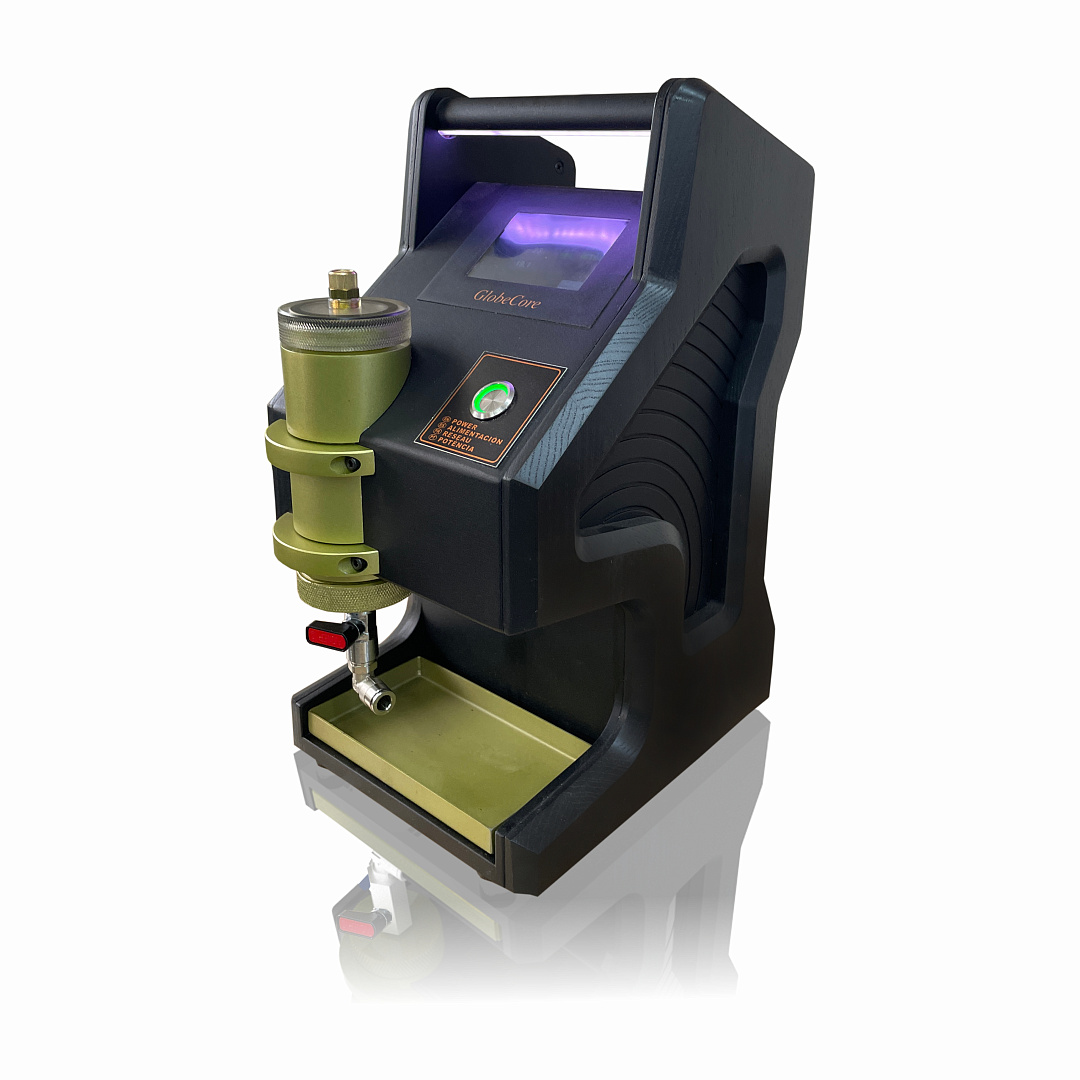Diesel purification
How do Automated Diesel Fuel Purification Systems improve operational efficiency?
- This topic has 1 reply, 2 voices, and was last updated 1 year, 4 months ago by .
Answers
-
October 5, 2024 at 8:36 am by 吉田 陽一
Automated Diesel Fuel Purification Systems significantly enhance operational efficiency by streamlining fuel management processes. Real-Time Monitoring allows continuous assessment of fuel quality, enabling immediate adjustments to purification parameters without manual intervention. Consistent Fuel Quality ensures that diesel remains free from contaminants, optimizing engine performance and reducing the likelihood of breakdowns. Reduced Downtime is achieved as automated systems can quickly respond to fuel quality issues, preventing prolonged disruptions in operations. Energy Efficiency is enhanced through optimized operation schedules and reduced need for manual adjustments, lowering overall energy consumption. Predictive Maintenance features utilize data analytics to anticipate component wear and schedule maintenance proactively, minimizing unexpected failures. Labor Savings occur as automation reduces the need for constant human oversight, allowing personnel to focus on other critical tasks. Additionally, Scalability and Flexibility of automated systems accommodate varying fuel demands and contamination levels, ensuring efficient purification across different operational scales. Overall, automation leads to more reliable, cost-effective, and efficient fuel purification, supporting seamless and uninterrupted industrial operations.



